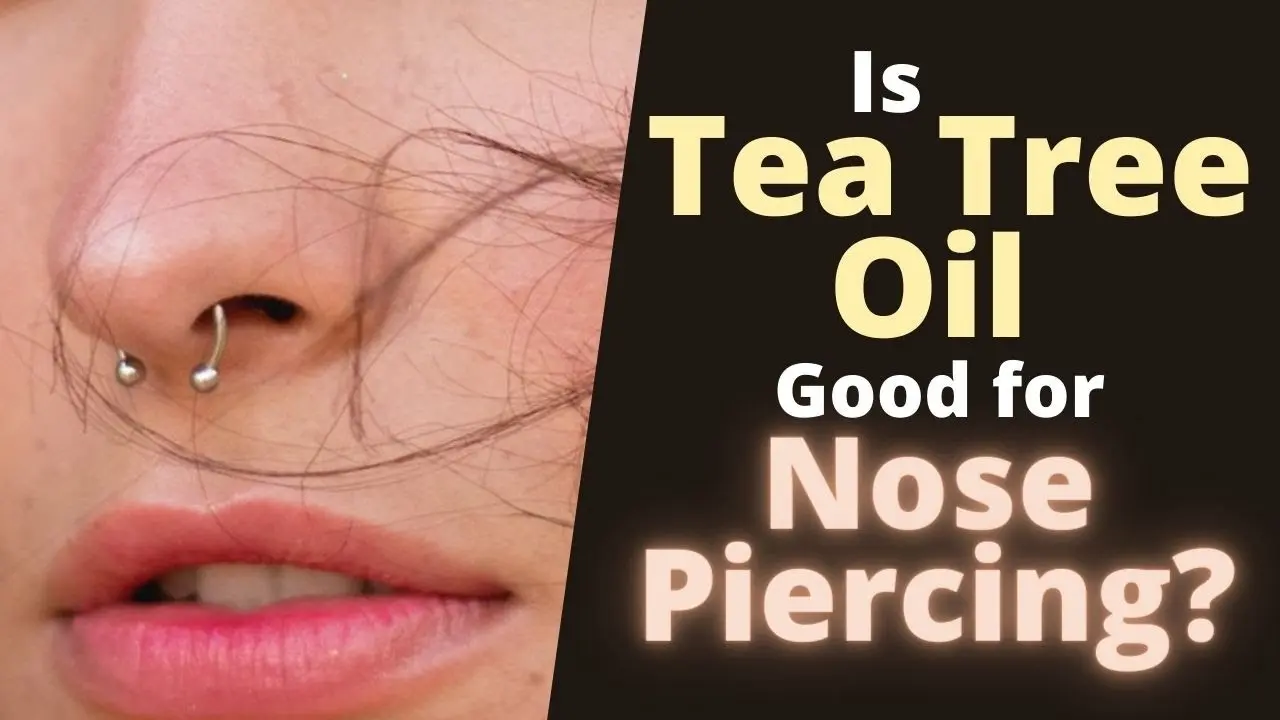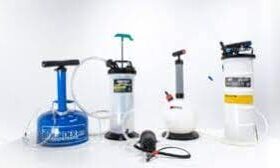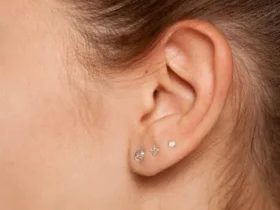Tea tree oil is often touted as a natural remedy for various skin conditions, including piercings. However, contrary to popular belief, tea tree oil can actually be harmful to piercings and hinder the healing process.
The use of tea tree oil in piercings
Tea tree oil has gained popularity as a natural remedy for multiple skin ailments, leading many to believe it can be beneficial for piercings too.
Tea tree oil is an essential oil that possesses strong antimicrobial properties. On the surface, this may seem like a good thing for piercings.
However, when applied directly to a healing piercing, tea tree oil can cause more harm than good. It can irritate the skin, causing redness, swelling, and even allergic reactions.
Furthermore, tea tree oil is highly concentrated and can disrupt the delicate balance of the skin’s natural oils, leading to dryness and even delayed healing. It is essential to approach aftercare with caution and use products specifically formulated for piercing aftercare.
The potential risks and dangers
Tea tree oil may be widely recognized for its antimicrobial properties, but using it on piercing wounds can be potentially hazardous. Despite its natural origins, this essential oil can cause adverse reactions when directly applied to a healing piercing.
One of the main concerns is that tea tree oil can irritate the skin, leading to redness, swelling, and possible allergic reactions.
Even if you have used tea tree oil in the past without any issues, it’s important to remember that piercings involve open wounds, making them more susceptible to irritation.
Moreover, tea tree oil is highly concentrated, which means it can disrupt the skin’s natural oil balance. This disturbance can result in dryness and delayed healing, prolonging the overall recovery process.
Given these potential risks, it’s crucial to exercise caution and only use products specifically formulated for piercing aftercare. These products are designed to nourish and protect the piercing while promoting safe and efficient healing.
Alternative solutions for aftercare
One popular choice is saline solution. Saline solution, which consists of salt and water, is gentle on the skin and helps to keep the piercing clean.
You can either purchase pre-mixed saline solution or make your own at home by dissolving non-iodized sea salt in warm water.
Another alternative is chamomile tea. Chamomile tea has natural anti-inflammatory properties and can help to soothe irritated skin. Brew a cup of chamomile tea, let it cool, and then use a cotton ball to apply it to your piercing.
When it comes to choosing the right aftercare solution, it’s important to consult with a professional piercer or a healthcare provider. They can provide guidance and recommend the best options based on your specific needs and concerns.
Consultation with a professional piercer
Consulting with a professional piercer or healthcare provider is crucial when it comes to choosing the right aftercare solution for your piercing.
They have the knowledge and experience to guide you in selecting the most suitable options based on your specific needs and concerns.
Tea tree oil, despite its antibacterial and antiseptic properties, is not recommended for piercing aftercare.
Despite its popularity in natural remedies, tea tree oil can be too harsh for the delicate skin around the piercing. It can cause irritation, redness, and even allergic reactions in some individuals.
By seeking advice from a professional, you can ensure that the aftercare method you choose is safe and effective. They can also provide proper instructions on how to clean and care for your piercing to prevent infection and promote healing.
Proper care and hygiene
Once you have chosen the appropriate aftercare solution for your piercing, it is crucial to follow proper care and hygiene practices to ensure a successful healing process.
First and foremost, always wash your hands thoroughly before touching or cleaning your piercing. This will help reduce the risk of introducing bacteria or other contaminants that can lead to infection.
Use a mild, fragrance-free soap to cleanse the area around the piercing gently.
After washing, gently pat the area dry with a clean paper towel or let it air dry. Avoid using towels or fabrics that may harbor bacteria.
While it may be tempting, avoid twisting or rotating the jewelry excessively. This can disrupt the forming tissue and prolong the healing time.
If the piercing crusts or scabs, it is best to let it heal naturally. Avoid picking or scratching at the scab, as this can lead to infection.
However, it is always helpful to consult with a professional piercer or healthcare provider for personalized guidance and support throughout your healing journey.
Conclusion
One such solution to avoid when caring for your piercings is tea tree oil. Despite its numerous benefits in skincare and alternative medicine, tea tree oil is not suitable for use on piercings.
Tea tree oil has strong antibacterial and antifungal properties, which may lead some to believe it would be beneficial in preventing infection in piercings.
However, tea tree oil is too harsh for fresh piercings and can cause skin irritation and dryness. Its strong concentration can also disrupt the delicate healing process of the piercing.
These solutions are specifically formulated to clean the piercing without causing irritation or interfering with the healing process.










Hello!! My name is Jeanine
I love to eat, travel, and eat some more! I am married to the man of my dreams and have a beautiful little girl whose smiles can brighten anyone’s day!